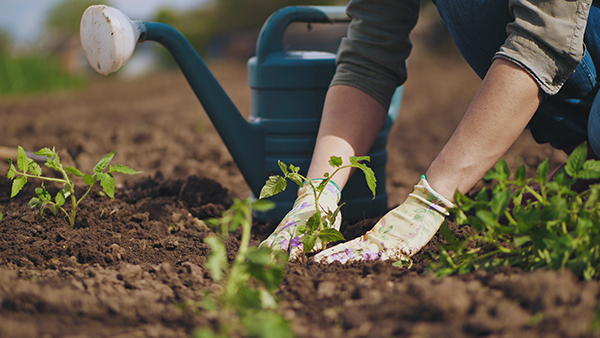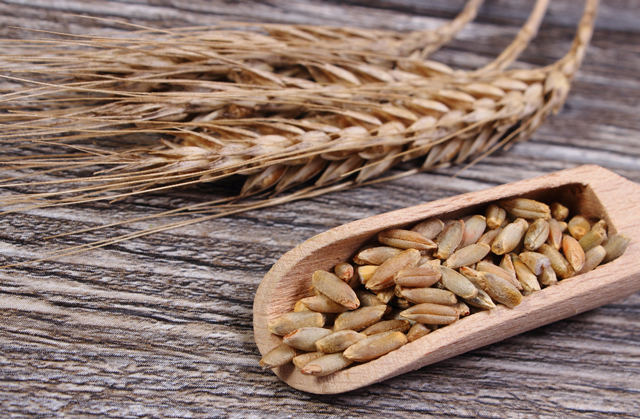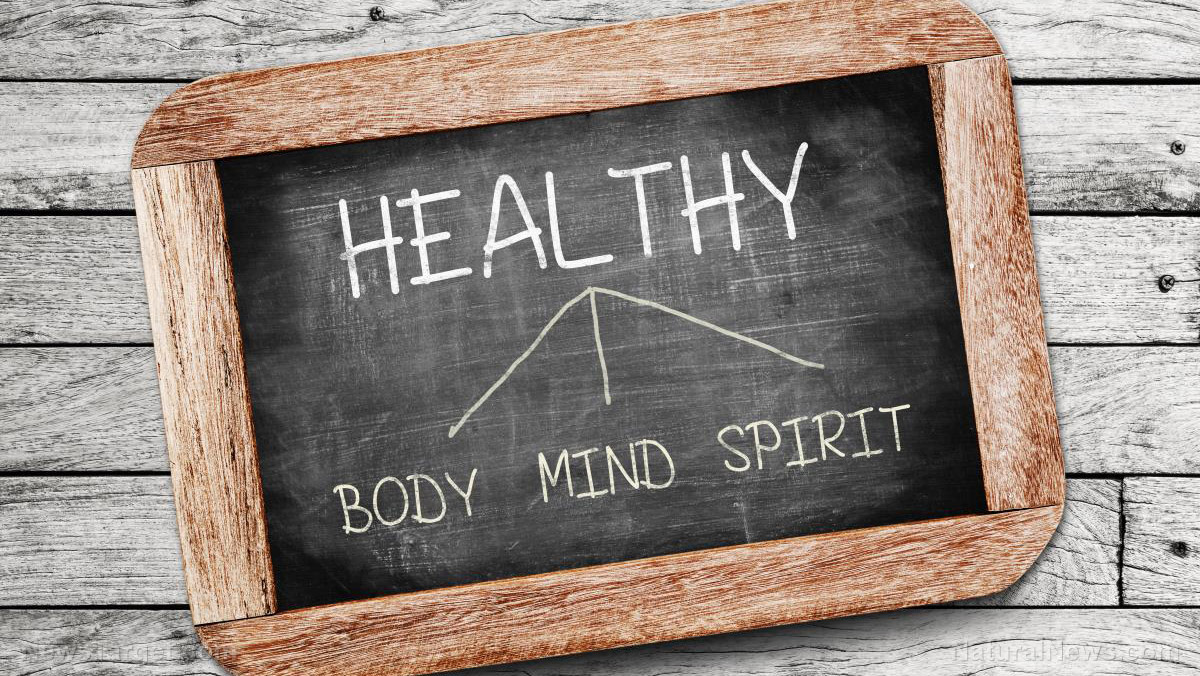Digging to wellness: New research proves gardening dramatically improves mental health without medication
04/25/2025 / By Cassie B.

- UK study shows gardening improves mental health as effectively as therapy.
- Green activities boosted life satisfaction and happiness, and reduced anxiety significantly.
- Longer participation (3-4 months) led to greater mental health benefits.
- Horticulture and care-farming outperformed sports or creative activities in boosting well-being.
- Gardening is a low-cost, accessible therapy for all income levels.
A groundbreaking UK study has found that gardening and nature-based activities produce significant improvements in mental health comparable to conventional psychotherapy, offering a drug-free alternative for the millions suffering from anxiety and depression.
Researchers at the University of York evaluated a “green social prescribing” program that connected people with community gardening, farming, and other outdoor activities between February 2022 and March 2023, revealing dramatic improvements in well-being measures.
The transformative power of these nature activities was unmistakable. Participants experienced substantial improvements across all mental health measures – life satisfaction scores increased from an average of 5.10 to 6.67, feelings of personal worth improved from 5.36 to 6.84, happiness levels rose from 5.15 to 6.71, and anxiety levels decreased from 5.35 to 4.06. These aren’t just numbers; they represent life-changing improvements for people previously struggling with mental health challenges.
Nature’s healing timeline
Perhaps most interesting was the clear dose-response relationship revealed by the research. Participants who engaged in green activities for three to four months experienced significantly greater improvements than those who participated for only one to four weeks. This longer participation led to an average increase of 1.27 points in life satisfaction scores and a 1.35-point improvement in happiness.
“Anxiety and depression can often be born out of loneliness and feelings of disconnectedness, so it makes sense that taking part in shared activities close to home—especially those that involve caring for and improving your local environment—can help lift mood and reduce anxiety,” said Peter Coventry, professor of environment and mental health at the University of York.
The study found that these improvements were comparable to those achieved through short-term cognitive behavioral therapy (CBT), suggesting nature-based activities could serve as alternatives to traditional therapeutic approaches. Unlike pharmaceutical interventions, which often come with concerning side effects, gardening provided these benefits with zero negative impacts.
Not all nature activities were created equal in the study. Participants engaged in horticultural and care-farming activities showed greater improvements in their sense of worth and happiness than those in sports or creative activities. This superior benefit from actually nurturing plants aligns with humans’ evolutionary connection to the natural world.
The neurobiological connection
The mental health benefits of gardening extend beyond just “getting outdoors.” Sunshine exposure during gardening helps the body produce vitamin D, which plays a significant role in mood regulation. According to neuropsychologist Sanam Hafeez, “Nature also helps you feel more present and mindful, which can lower anxiety and stop negative thoughts from spiraling.”
Activities like gardening engage multiple senses and get the body moving, boosting brain chemicals like endorphins and serotonin that improve mood and energy. Dr. Mike McGrath, a board-certified psychiatrist, noted that while exercise can be beneficial, taking a relaxing walk in nature is “simply more calming” than many forms of exercise.
Medicine for all, regardless of income
One of the most powerful aspects of this green intervention is its accessibility. The study revealed that 65% of participants came from low socioeconomic groups, proving this therapy works regardless of income level. Unlike expensive medications or therapy sessions, gardening requires minimal investment and can be practiced almost anywhere, from community gardens to small apartment balconies.
Research suggests just 120 minutes of nature contact weekly provides substantial mental health benefits; that’s less than 20 minutes daily. This makes gardening an achievable intervention even for those with demanding schedules.
For those looking to incorporate more therapeutic gardening into their lives, starting small is effective. Even tending to a few potted plants or herbs on a windowsill can connect you with nature’s healing rhythms. Community gardens offer double benefits through both nature contact and social connection.
As our society faces increasing mental health challenges and medical systems struggle to meet demand, this research offers a powerful prescription that returns us to our roots – literally. By reconnecting with the earth through gardening, we may find not just improved mental health, but a more grounded, connected way of being in the world.
Sources for this article include:
Submit a correction >>
Tagged Under:
Anxiety, Censored Science, depression, farming, gardening, homesteading, mental health, Mind, mind body science, research
This article may contain statements that reflect the opinion of the author





















